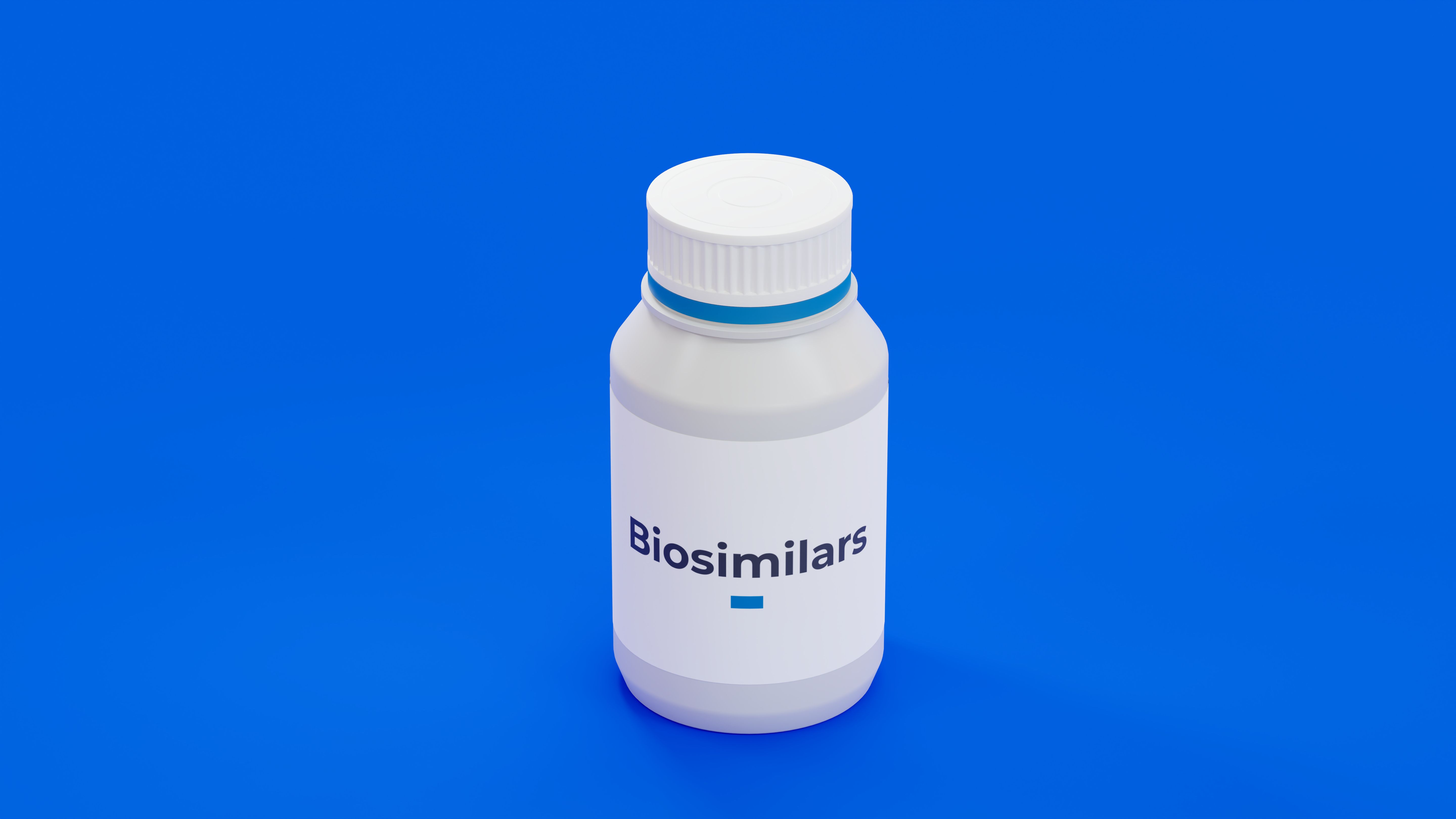
Study: Genentech’s Herceptin Lost Market Share After Introduction of First Trastuzumab Biosimilar
Investigators found that the first biosimilar of trastuzumab, trastuzumab-anns (Kanjinti; Amgen), did maintain a strong and persistent advantage over the other 4 biosimilar entrants.
Investigators from the University of Southern California’s Leonard D. Schaeffer Center for Health Policy & Economics have released results of a study comparing trastuzumab (Herceptin; Genentech) to 5 biosimilar entrants to determine the potential to reduce drug prices.
Credit: Carl - stock.adobe.com

The results showed that the originator, trastuzumab, began losing market share immediately after trastuzumab-anns (Kanjinti; Amgen) entered the market and continues to lose market share with the 4 other biosimilars.
“With multiple biosimilar competitors entering the [United States] market quickly, trastuzumab is the best example to date of biosimilars fulfilling their promise to reduce biologic drug prices,” Alice Chen, PhD, associate professor and vice dean for research at the Sol Price School of Public Policy at the University of Southern California, said in a statement. “In just 3 years, the trastuzumab market displayed important hallmarks of competition: [physicians] could choose among 6 products; new entrants rapidly captured market share from the originator; and prices steadily declined on all 6 options. Prices of some versions declined by more than half, and the originator lost half of the market.”
The study, which was published in Health Affairs, is one of the first to compare several biosimilar competitors in the United States in terms of market share, price, and physician prescribing, according to the statement. Investigators of the study evaluated the changes in average sales price, net price, and whther the first biosimilar retained an advantage over biosimilars that entered the market later.
The results also demonstrated that although the biosimilar options did not expand the total market for the drug, multiple biosimilar products did result in the declining average sales price of all products.
Investigators found that by the second quarter of 2022, the average sales price for the biosimilars ranged from 28% to 58% of the originator’s first quarter 2019 average sales price. They added that the biosimilars’ net prices ranged from 15% to 46% of originator pre-competition net price.
The monthly costs for the biosimilar drugs reached as low as $1693 in average sales price with $813 in net price. This compares to the originator at $4829 in average sales price with $4213 in net price.
Additionally, investigators found that the originator’s average sales price fell from 21% from $101 to $80 per 10 milligrams. Investigators also added that the first biosimilar, trastuzumab-anns, did maintain a strong and persistent advantage over the other 4 biosimilar entrants. It maintained the majority of market shares among the biosimilars in all but 8 states where the subsequent entrants achieved higher market shares.
For physicians, those in the hospital prescribing trastuzumab tended to prefer either the biologic or a biosimilar, but not both; however, office-based physicians were prescribed more evenly across all the choices.
“Our analysis applies to a physician-administered drug under Medicare Part B and provides the best evidence so far that biosimilars can reduce originator drug prices quickly, in the same way that generics reduce prices of small-molecule drugs,” Karen Van Nuys, executive director of the Value of Life Sciences Innovation program and a senior fellow at the Schaeffer Center at the University of Southern California, said in the statement. “Our findings support the growing body of evidence that biosimilars do in fact reduce biologic drug prices in the physician-administered market. Whether they can do the same in the retail drug market remains to be seen, as the industry brings more of these products to the market.”
Trastuzumab is indicated in the United States for the treatment of adjuvant breast cancer, metastatic breast cancer, and gastric cancer.
References
Biosimilars drug market isn’t broken after all, USC Schaeffer study finds. News release. EurekAlert. June 6, 2023. Accessed June 15, 2023. https://www.eurekalert.org/news-releases/991617
2 Commerce Drive
Cranbury, NJ 08512
All rights reserved.